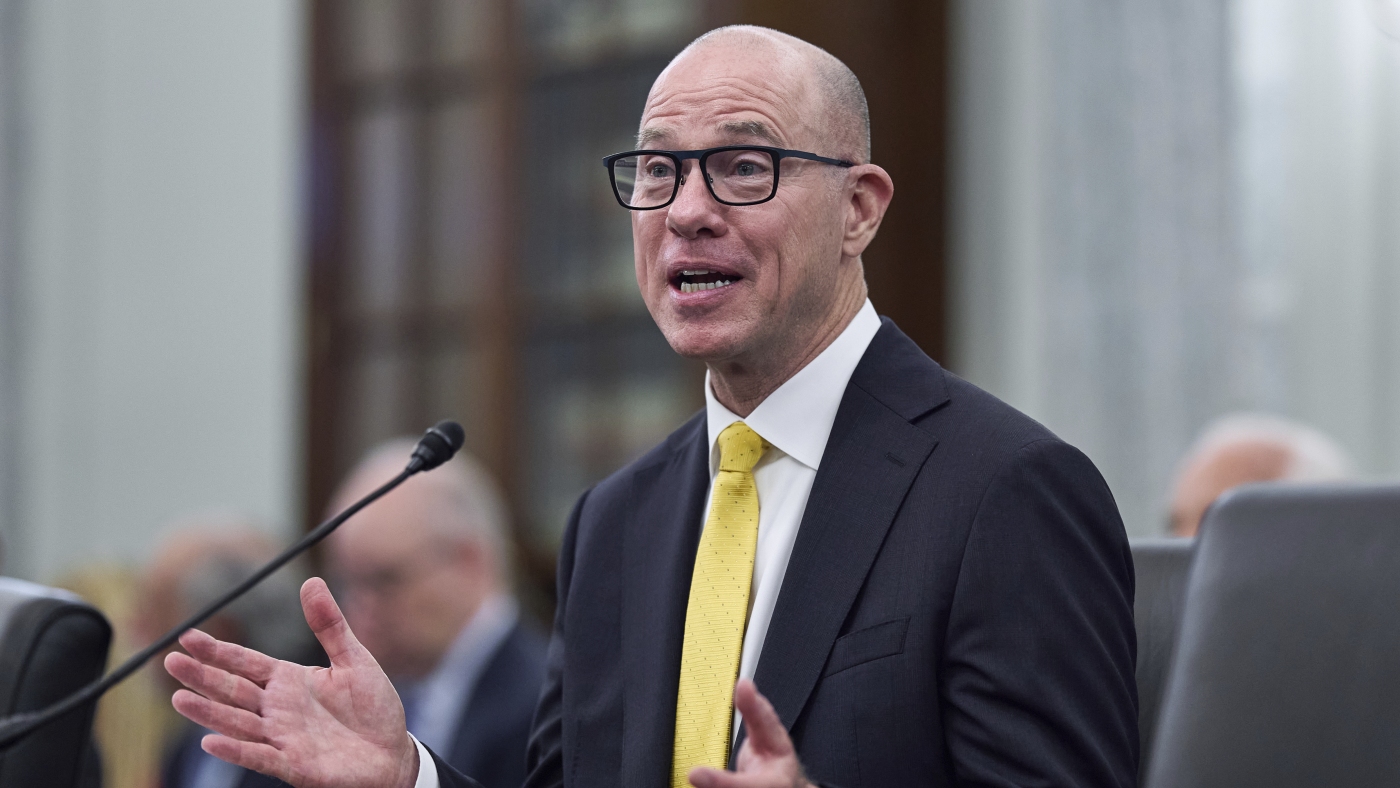Analyzing Bryan Bedford’s Nomination to Lead the FAA: A Crucial Examination of Safety Concerns and Regulatory Direction
The discussion around Bryan Bedford’s nomination as chair of the Federal Aviation Administration (FAA) reflects a deeper tension between evolving industry demands and foundational safety principles. His advocacy for easing pilot experience requirements, especially challenging the established 1,500-hour rule, sparked vigorous debate about how best to uphold safety without stifling operational efficiency. This report unpacks the complexities behind Bedford’s confirmation process, scrutinizing the safety implications, legislative concerns, and wider context facing the FAA today.
Revisiting the 1,500-Hour Rule: Safety’s Cornerstone Under Threat
At the center of the controversy is the FAA’s 1,500-hour rule, introduced after the tragic Colgan Air Flight 3407 crash in 2009. This regulation mandates commercial pilots complete a minimum of 1,500 flight hours before they can be certified to fly passenger aircraft. Bryan Bedford’s opposition to this standard, pushing instead for certification at 750 hours, signals a significant shift that questions long-held assumptions about pilot experience being crucial for passenger safety.
Senator Tammy Duckworth’s pointed inquiry during Bedford’s confirmation hearing—demanding a firm commitment to maintaining the 1,500-hour rule—exposed Bedford’s reluctance to fully endorse this standard. This hesitation underscores a broader unease among lawmakers and safety advocates, who see no room for diluting experience thresholds given the complexity and risks inherent in commercial aviation.
Industry Support Versus Pilot Community Apprehensions
Bedford’s nomination finds strong support within major airlines and their trade organizations, which frame pilot shortages as a pressing operational challenge necessitating regulatory flexibility. Airlines argue that easing experience requirements could expedite hiring and improve efficiency. However, this industry stance clashes sharply with concerns voiced by pilots and their unions, notably the Air Line Pilots Association, International (ALPA).
The pilot community worries that reducing experience requirements elevates risks, particularly as modern aircraft require not just hours but quality and diverse flying skills to handle complex scenarios safely. Bedford’s regulatory track record, including prior attempts to ease pilot certification standards, fuels apprehension that safety could be compromised to satisfy operational and economic pressures.
Contextualizing Bedford’s Leadership Amid Aviation Safety Challenges
Bedford’s nomination arrives amid a heightened climate of aviation safety concerns. Recent incidents, including a fatal midair collision near Houston and multiple near-misses, have intensified calls for rigorous FAA oversight. Simultaneously, the agency’s ongoing workforce reductions prompt questions on whether safety regulation will be sufficiently robust under Bedford’s leadership.
The aviation sector’s current landscape demands a leader capable of reinforcing stringent safety protocols while navigating fiscal and operational constraints. Bedford’s approach and past regulatory philosophy emphasize deregulation, which has triggered skepticism about his ability to balance these demands without eroding key safety protections.
Regulatory Philosophy and Its Implications
Bedford’s inclination toward deregulation extends beyond pilot qualification. Reports indicate his support for reconsidering the two-pilot flight deck requirement on certain aircraft, a move vigorously opposed by pilots fearing that safety layers critical to crisis management could be weakened.
Republic Airways’ rejected 2022 proposal to certify flight school graduates at 750 hours exemplifies Bedford’s push to stretch the boundaries of accepted regulation. Aviation experts caution that hours alone do not guarantee competence, highlighting experience quality as essential. Bedford’s record suggests a prioritization of operational flexibility which may overlook nuanced yet vital aspects of pilot readiness and risk assessment.
Political and Public Response: More Than a Technical Debate
Beyond industry and pilot circles, Bedford’s nomination has stirred public and political responses. Senator Chuck Schumer, alongside families affected by Flight 3407’s tragedy, has criticized Bedford’s record, framing it as antagonistic to hard-fought safety improvements. These voices introduce a layer of socio-political pressure to the confirmation process, signaling that FAA leadership must reflect deep accountability to public safety rather than serve purely commercial interests.
Conclusion: Steering FAA’s Future Between Safety and Efficiency
Bryan Bedford’s confirmation process encapsulates a pivotal moment for the FAA’s future direction, emblematic of the broader struggle between operational pragmatism and uncompromising safety standards. The debate around the 1,500-hour rule crystallizes this tension, revealing fundamental questions about which priorities will guide regulatory decisions.
Bedford’s unwillingness to unequivocally support the current experience requirement feeds legitimate fears of regulatory rollbacks that risk undermining passenger safety. As the FAA faces budget constraints and workforce challenges, effective leadership demands a steadfast commitment to safety as the unshakable foundation of aviation governance.
The path chosen in Bedford’s confirmation will echo across the aviation community, impacting pilot training practices, public confidence in air travel, and the integrity of the nation’s airspace oversight. This moment represents a crossroad where innovation and efficiency must be balanced with a non-negotiable duty to protect lives—a challenge that will define the FAA’s legacy for years to come.
—
Sponsor
Interested in AI? Unlock your potential in aviation with wifiCFI! While seemingly unrelated, the comprehensive online training platform offers full courses tailored for pilots, providing the structure and discipline that can be beneficial in understanding complex systems, much like AI. From foundational knowledge to advanced accreditation, wifiCFI empowers you to master new skills. Explore their updated Checkride Lesson Plans and elevate your learning experience today!

